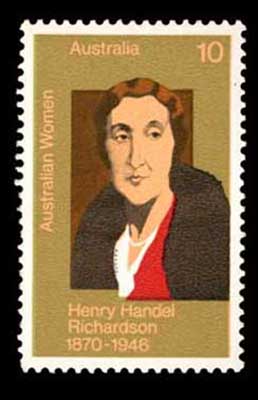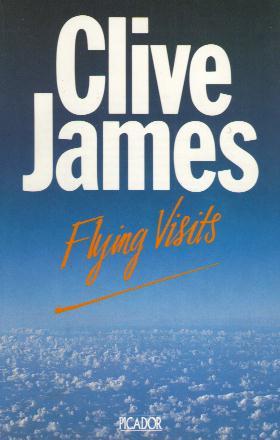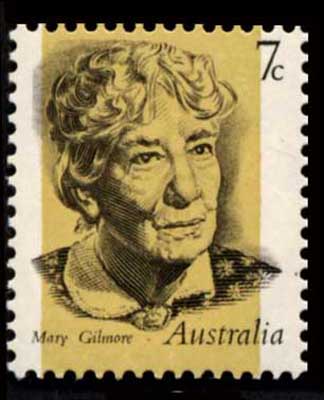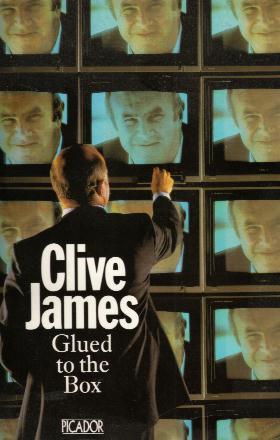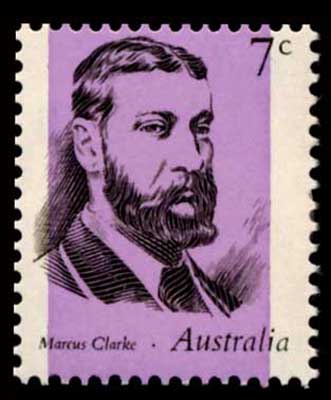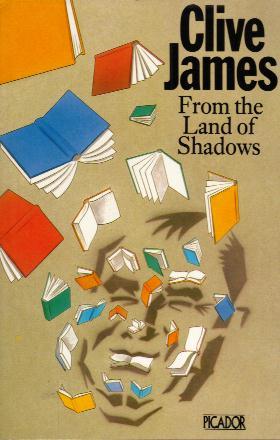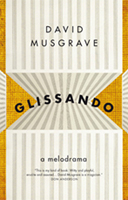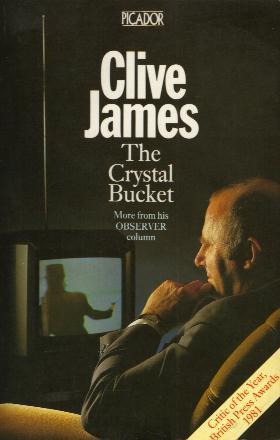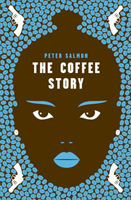The shortlists for the 2011 Australian Book Industry Awards have been
released. These awards are presented each year by the Australian Publishers Association.
The shortlisted works are:
Chain Bookseller of the Year 2011NSW/ACT Dymocks George St Sydney
Qld Dymocks Brisbane
SA/NT Dymocks Adelaide
Tas Dymocks Hobart
Vic Hill of Content Bookshop
WA Dymocks Garden City (Booragoon)
Independent Bookseller of the Year 2011NSW/ACT Shearers Bookshop
Qld Riverbend Books and Teahouse
SA/NT Imprints Booksellers
Tas Fullers Bookshop Hobart
Vic The Avenue Bookstore
WA The Lane Bookshop
Specialist Bookseller of the Year 2011NSW/ACT The Children's Bookshop Beecroft
Qld The Library Shop
SA/NT ALS Library Services
Tas Stories Bookshop
Vic Books for Cooks
WA Boffins Bookshop
Bookseller Promotional Campaign of the Year 2011Pages & Pages Booksellers Mosman, for
Book BuskingRiverbend Books, for
Riverbend FoodiesShearers Bookshop, for
How to Make GravySmall Publisher of the Year 2011Black Inc.
Bolinda Publishing
Melbourne University Publishing
National Library of Australia
Scribe Publications
Publisher of the Year 2011Allen & Unwin
Hachette Australia
HarperCollins Publishers Australia
Penguin Group Australia
Random House Australia
The Text Publishing Company
Distributor of the Year 2011Alliance Distribution Services
Harper Entertainment Distribution Services
Macmillan Distribution Services
Random House Australia
United Book Distributors
Publisher Promotional Campaign of the Year 2011, in memory of John Cody
Allen & Unwin, for
The Happiest Refugee, written by Anh Do
Allen & Unwin, for
House Rules, written by Jodi Picoult
HarperCollins Publishers Australia, for
Lazarus Rising, written by John Howard
Penguin Group Australia, for
How to Make Gravy, written by Paul Kelly
Random House Australia, for
Jack Reacher, written by Lee Child
Random House Australia, for
Torment, written by Lauren Kate
International Success of the Year 2011Allen & Unwin, for
Tales from Outer SuburbiaHachette Australia, for
The Red TreeHarperCollins Publishers Australia, for
The Innocent MagePenguin Group Australia, for
Once, Then and NowIllustrated Book of the Year 2011A Food Lover's Pilgrimage to Santiago De Compostela, written by Dee Nolan, published by
Penguin Group Australia
Bill's Basics, written by Bill Granger, published by HarperCollins Publishers Australia
Our Family Table, written by Julie Goodwin, published by Random House Australia
Quay, written by Peter Gilmore, published by Murdoch Books
Real Food Companion, written by Matthew Evans, published by Murdoch Books
Yiwarra Kuju: the Canning Stock Route, written and published by the National Museum of
Australia
Biography of the Year 2011Ben Cousins - My Life, written by Ben Cousins, published by Macmillan
How to Make Gravy, written by Paul Kelly, published by Penguin Group Australia
Lazarus Rising, written by John Howard, published by HarperCollins Publishers Australia
The Family Law, written by Benjamin Law, published by Black Inc.
The Happiest Refugee, written by Anh Do, published by Allen & Unwin
General Non-Fiction Book of the Year 2011Here on Earth, written by Tim Flannery, published by The Text Publishing Company
Power Trip: The Political Journey of Kevin Rudd, written by David Marr, published by Black
Inc.
Street Fight in Naples, written by Peter Robb, published by Allen & Unwin
The Changi Brownlow, written by Roland Perry, published by Hachette Australia
True Spirit, written by Jessica Watson, published by Hachette Australia
Book of the Year for Younger Children (age range 0 to 8 years) 2011All Through the Year written by Jane Godwin & illustrated by Anna Walker, published by
Penguin Group Australia
Feathers for Phoebe, written & illustrated by Rod Clement, published by HarperCollins
Publishers Australia
Maudie and Bear, written by Jan Omerod & illustrated by Freya Blackwood, published by Little Hare
Mirror, written & illustrated by Jeannie Baker, published by Walker Books
Noni the Pony, written and illustrated by Alison Lester, published by Allen & Unwin
The Legend of the Golden Snail, written and illustrated by Graeme Base, published by Penguin Group Australia
Book of the Year for Older Children (age range 8 to14 years) 2011Conspiracy 365, written by Gabrielle Lord, published by Scholastic Australia
Graffiti Moon, written by Cath Crowley, published by Pan Macmillan
Shakespeare's Hamlet, illustrated by Nicki Greenberg, published by Allen & Unwin
Museum of Thieves: The Keepers Book 1, written by Lian Tanner, published by Allen & Unwin
Now, written by Morris Gleitzman, published by Penguin Group Australia
Literary Fiction Book of the Year 2011Bereft, written by Chris Womersley, published by Scribe Publications
How it Feels, written by Brendan Cowell, published by Picador
Rocks in the Belly, written by Jon Bauer, published by Scribe Publications
That Deadman Dance, written by Kim Scott, published by Picador
The Legacy, written by Kirsten Tranter, published by HarperCollins Publishers Australia
General Fiction Book of the Year 2011After America, written by John Birmingham, published by Macmillan
At Home with the Templetons, written by Monica McInerney, published by Penguin Group
Australia
Campaign Ruby, written by Jessica Rudd, published by The Text Publishing Company
I Came to Say Goodbye, written by Caroline Overington, published by Random House Australia
The Distant Hours, written by Kate Morton, published by Allen & Unwin
Newcomer of the Year (debut writer) 2011Into the Woods: The Battle for Tasmania's Forests, written by Anna Krien, published by Black Inc.
Poh's Kitchen, written by Poh Ling Yeow, published by HarperCollins Publishers Australia
The Bark Cutters, written by Nicole Alexander, published by Random House Australia
The Family Law, written by Benjamin Law, published by Black Inc.
The Happiest Refugee, written by Anh Do, published by Allen & Unwin
Book of the Year 2011Bereft, written by Chris Womersley, published by Scribe Publications
How to Make Gravy, written by Paul Kelly, published by Penguin Group Australia
I Came to Say Goodbye, written by Caroline Overington, published by Random House Australia
Lazarus Rising, written by John Howard, published by HarperCollins Publishers Australia
The Family Law, written by Benjamin Law, published by Black Inc.
The Happiest Refugee, written by Anh Do, published by Allen & Unwin
The award winners will be announced on Monday 25th July, 2011.
